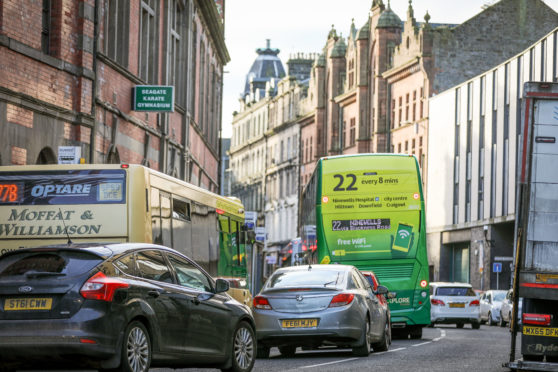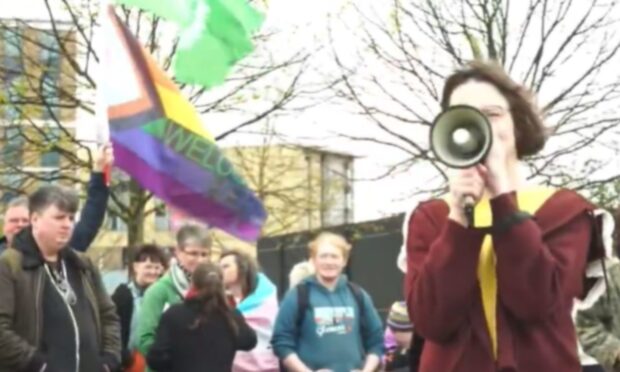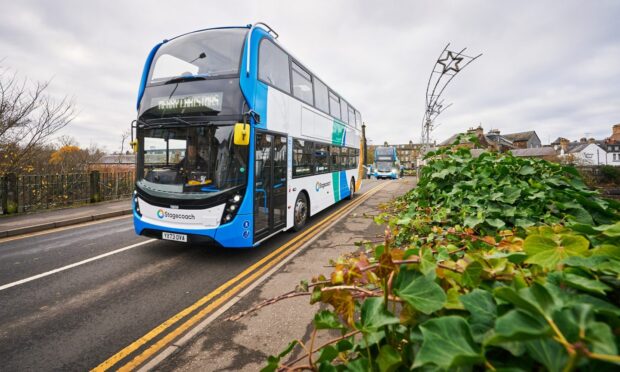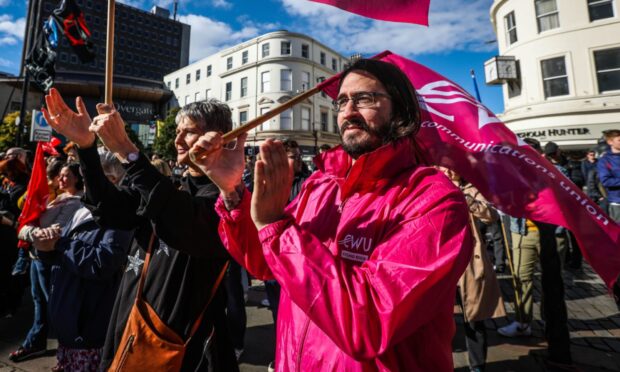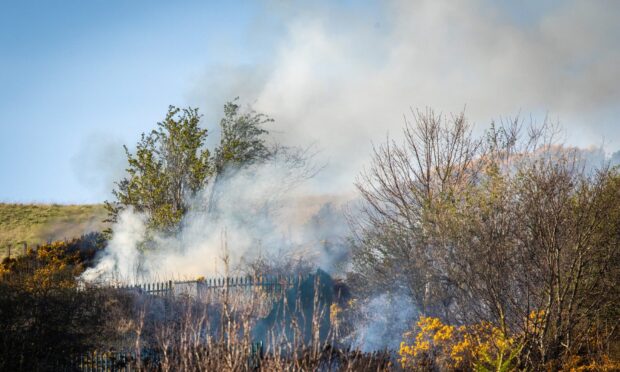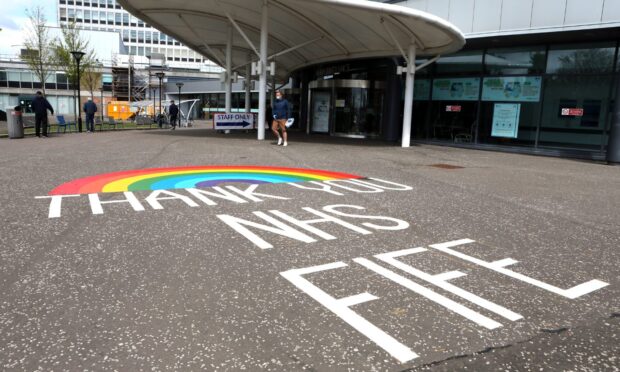The Scottish Police Federation has warned a decision not to exempt emergency services from the so-called car park tax could endanger public safety.
MSPs voted to pass the Transport (Scotland) Bill yesterday by 56 to 29, with 18 abstentions.
The Bill will write into law requirements for Low Emission Zones for Glasgow, Edinburgh, Dundee and Aberdeen as well as introducing a workplace parking levy – allowing councils to charge work places for employees to drive their cars.
The Scottish Government says the measures are intended to lessen the impacts of emissions from cars.
Critics, including the Scottish Police Federation and the Scottish Conservatives, claim the parking charge is an unfair tax on working people.
Calum Steele, general secretary of the Scottish Police Federation said: “If the Scottish Government genuinely believes the service can sustain further cuts to its budget to shore up local authority funds it should simply have had the courage to impose a direct cut on the already deficient budget.
“But the truth is the government knows full well that rather than having money to burn, the police service is in dire need of a cash injection.
“It is telling that no minister is prepared to directly answer the question if they consider that the police service should be diverting funds from fighting crime to pay for potholes and bin collections.
“This tin eared response to the levy will leave the police service in an even weaker position than it is now and communities will be less safe as a direct consequence.”
Conservative Mid Scotland and Fife MSP and shadow minister for local government, Alexander Stewart said: “I am bitterly disappointed the SNP has agreed to back the workplace parking levy proposals as part of their back-door budget deal with the Scottish Greens.
“This bill will hit many of the poorer and lower-paid workers from right across Perth & Kinross.
“It will give local authorities across Scotland the power to charge businesses an annual fee for every parking space they provide for workers and this new law would give all Scottish councils the power to impose the levy.”
Scottish Greens transport spokesperson John Finnie hit it at the Liberal Democrats for failing to support the moves. He said: “In voting against the Bill, the Scottish Liberal Democrats rejected Low Emission Zones in our cities, rejected giving our local authorities more powers and abilities to raise funds and rejected improvements to our bus services.
“That is because the party is prioritising winning Tory votes over localism and the climate emergency.”
Scottish Liberal Democrat transport spokesperson Mike Rumbles MSP said the SNP had passed up opportunities to build a truly radical and forward looking bill.
“The Bill was supposed to profoundly reshape Scotland’s transport system. Instead it will be overshadowed by an SNP-Green attempt to plunder driver’s pockets,” he said.
“There are things to welcome here, such as measures to allow local authorities to establish their own bus companies and low emissions zones and to tackle pavement parking so it’s a shame that parliament was forced into voting on a bad law, designed to facilitate the government’s budget deal with the Greens. That was a step too far for the Liberal Democrats.”
Transport secretary Michael Matheson said: “The measures included in the Transport Bill will lead to improved journeys for the travelling public, building on the work that is already underway to reduce emissions to help us meet our world-leading climate change targets.
“Low Emission Zones provisions will improve air quality with Scotland’s four largest cities already committed to their introduction and local authorities are also being given a new tool to address the climate emergency with the discretionary powers for a workplace parking levy.”
